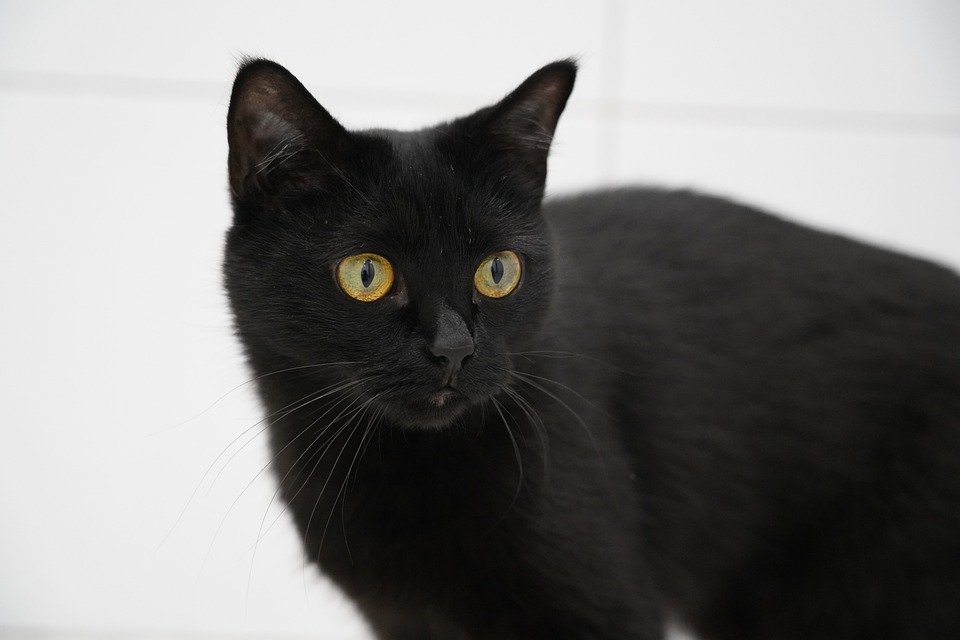Proper hydration is crucial for maintaining the overall health and well-being of our feline companions. Cats, just like humans, rely on water to perform vital bodily functions and to stay hydrated. In this article, we will explore the importance of proper hydration for cats, how to ensure they stay hydrated, and answer some frequently asked questions regarding cat hydration.
Why is Hydration Important for Cats?
1. Regulates Body Temperature:
Proper hydration helps regulate a cat’s body temperature. Water acts as a coolant, preventing overheating and ensuring their body stays within a healthy temperature range.
2. Supports Organ Function:
Water is essential for the proper functioning of a cat’s organs, including the kidneys, liver, and digestive system. Sufficient hydration helps maintain these vital organs’ health, allowing them to perform their functions effectively.
3. Promotes Urinary Health:
Cats are prone to urinary tract problems, such as urinary crystals or infections. Adequate water intake helps flush out toxins and bacteria from the urinary tract, reducing the risk of these issues and promoting a healthy urinary system.
4. Prevents Dehydration:
Dehydration can lead to serious health complications in cats. It can cause lethargy, loss of appetite, constipation, and even organ failure. Ensuring your cat stays properly hydrated is crucial to prevent dehydration.
How to Ensure Your Cat Stays Hydrated
1. Provide Fresh Water:
Always provide fresh, clean water for your cat. Change the water daily, and consider using a pet water fountain to encourage drinking, as cats are often attracted to moving water.
2. Wet Food Diet:
Incorporate wet cat food into your feline’s diet. Wet food has a higher moisture content compared to dry kibble, helping your cat meet their hydration needs.
3. Multiple Water Stations:
Place multiple water stations throughout your home, especially if you have a large living space. This ensures water is readily available and easily accessible for your cat, increasing the likelihood of them drinking enough.
4. Water Additives:
Consider using water additives designed specifically for cats. These additives can enhance the taste of water, making it more appealing to your feline companion and encouraging them to drink more.
FAQs about Cat Hydration
Q: How much water should my cat drink daily?
A: On average, a cat should drink around 1.5 to 4.5 ounces of water per 5 pounds of body weight. However, this can vary depending on factors such as diet, activity level, and overall health.
Q: Can I give my cat milk instead of water?
A: While cats may enjoy the taste of milk, it is not a suitable replacement for water. Many cats are lactose intolerant, and milk can cause digestive issues. Water is the best and safest choice for proper hydration.
Q: How can I tell if my cat is dehydrated?
A: Signs of dehydration in cats include sunken eyes, dry gums, loss of skin elasticity, lethargy, and decreased appetite. If you suspect your cat is dehydrated, consult your veterinarian immediately.
Q: Are there any cat breeds more prone to dehydration?
A: Some cat breeds, such as the Persian or Himalayan breeds, may have a higher risk of dehydration due to their facial structure, making it more difficult for them to drink water. Extra attention to hydration is essential for these breeds.
Conclusion:
Proper hydration plays a vital role in maintaining your cat’s health and well-being. By understanding the importance of hydration, providing fresh water, incorporating wet food, and implementing other strategies, you can ensure your feline companion stays adequately hydrated. If you have any concerns about your cat’s hydration, it is always best to consult with your veterinarian for guidance and advice.








